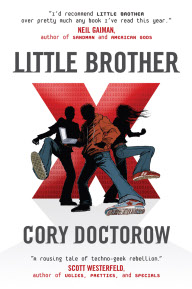Celebrating International Games Day in the Library
 |
| A portion of our board games collection. |
Heck, yeah, they did and I'm sure a big piece of the adolescent welcome those games received was due to the fact that my students are mentally fried - we have one more week of class prior to fall term exam week and this week was only three days long because of us being shut down for Hurricane Sandy. While most of our day student families escaped personal injury, there was still a ton of cleanup with some people having days without power. People who don't work at a school always think that it must be cushy to have days off, but I've got news for them - when it's not a planned vacation day, you end up doing five days of work in those three days of school (this is true for both students and faculty!).
 |
| Pictionary, and its high-octane sister, Cranium are popular. |
First to go was Monopoly, which ended up being an eight-person extravaganza complete with good-natured smack talk! Pictionary and Scrabble were next, my Wii controllers were snatched up for a waterboarding fiesta, and the noisy rustle of Boggle (with a lot of laughing) ensued in the corner. My new favorite game, Quelph, was purchased by the Activities Director (be sure you have a high embarrassment threshold prior to playing this one!
Over 45 kids ended up relaxing over games in one form or another, and it was one of the easiest programs I ever administered. No food, no direction on my part, just friendly encouragement to the kids and the occasional walk around to take a picture or two. Minor effort on my part and over 10% of my student population entertained.
One startling surprise was that the Activities Director, genius that he is, also picked up a 550-piece jigsaw puzzle and it was a HUGE hit. Kids were talking about having a puzzle club since they loved sitting and working together on different portions, high-fiving and cheering when one of them saw a way to fit sections together. I'm wondering if the best collaboration would be for libraries in a given county or consortium to each buy four or five puzzles (the 500+ pieces ones can be found for under $10 online and at places like Kmart or toy stores) and then rotate them around. Garage sale divas could probably find amazing bargains, but I'd always worry that there would be pieces missing - maybe if you could find unopened boxes?
In reflection, there is no way I won't be doing Games Day, and more frequently than once a year. This provided a relaxing, cheap way for my library to use resources it had already and de-stress my student population. A perfect ending to a rough week!







































